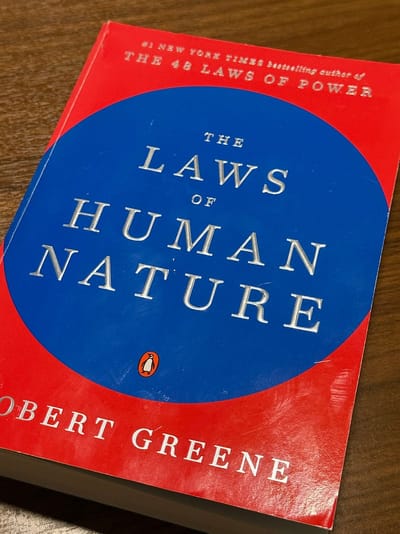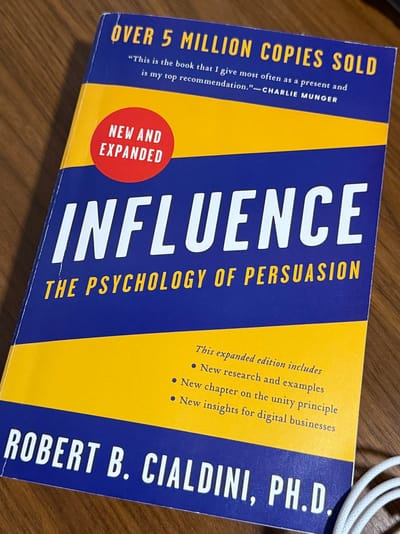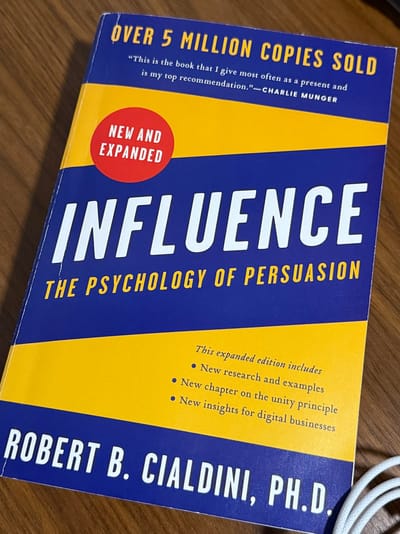The Lie of the All-Knowing Leader
I thought leadership meant having every answer. It was fear in disguise. Real leadership says I don't know, shares context, invites dissent, and builds teams that run without a hero. Be a host, not the bottleneck. Trade control for trust so resilience can grow.
The Small Group That Holds You Back
You are not performing for the world. You are performing for five loud voices in your head. Most people are not watching. Choose your advisors on purpose, expect to be misunderstood, and ship anyway. The only approval you need to live with is your own.
Why Real Empathy Starts with a Dose of Self-Love
Do not kill your ego. Calibrate it. A steady self lets you turn outward and hear others. Log a small win, breathe before replying, ask one real question. When the mirror quiets, empathy grows and rooms get easier to read.
Why Your Feelings Fire First
Your brain fires before it thinks. Stop inbox rage and windshield yells with a simple drill: pause, name the feeling and trigger, then challenge your first story with skepticism and curiosity. Train this reflex and let calm, not anger, steer your day.
Instant Influence
Running on fumes, you click “Buy Now” at “Only 1 left!”—then wonder why. Cialdini’s Chapter 9 shows how autopilot shortcuts steer split-second choices. Those cues can save time—or send you into traps. Here’s how instant influence works and how to guard your automatic “yes.”
Unity: United We Click
We trust “one of us” faster than a stranger. That’s Unity: shared identity that turbocharges influence—for good or ill. Here’s how it works, where it crosses lines, and simple ways to build real “we” without turning it into “us vs. them.”
Commitment & Consistency: Why We Honor Our Commitments (For Better or Worse)
One tiny yes can snowball into big obligations—because we strive to act consistent with our past choices. Here’s how commitments rewrite our self-image, how marketers exploit that, and simple scripts to use consistency for good (and spot the trap).
In a “Me First” World: Why Self-Interest Often Trumps Empathy
We’re wired to protect ourselves—and built to care. The trick isn’t choosing one; it’s balancing both. Here’s a simple playbook to keep empathy alive without burning out: boundaries that hold, micro-helps that matter, and scripts that beat our tidy rationalizations.
Scarcity: The Rule of the Few
When access shrinks, desire swells. We chase the last house, the final ticket, the cookie from the near empty jar. Scarcity makes ordinary things glow and blurs judgment. Pause and ask: do I want the thing, or only the thrill of almost losing it?
Authority: Why We Obey First and Think Later
Authority holds a powerful, often hidden sway over our decisions. From childhood, we’re conditioned to respect parents, teachers, and other
Social Proof: How Popularity Shapes What We Believe and Do
You’ve walked into a crowded restaurant or joined a round of applause just because everyone else did. That’s social proof—our instinct to follow the crowd when uncertain. It’s a mental shortcut—often sensible but also easily manipulated.
Liking: Why Affection Shapes Our Choices
You have said yes because you liked who asked. You bought an overpriced chocolate bar or scented candle with a smile and a ‘no trouble at all.’ That pull beyond the product is the power of liking. It feels good, but Cialdini shows how it can be engineered.








